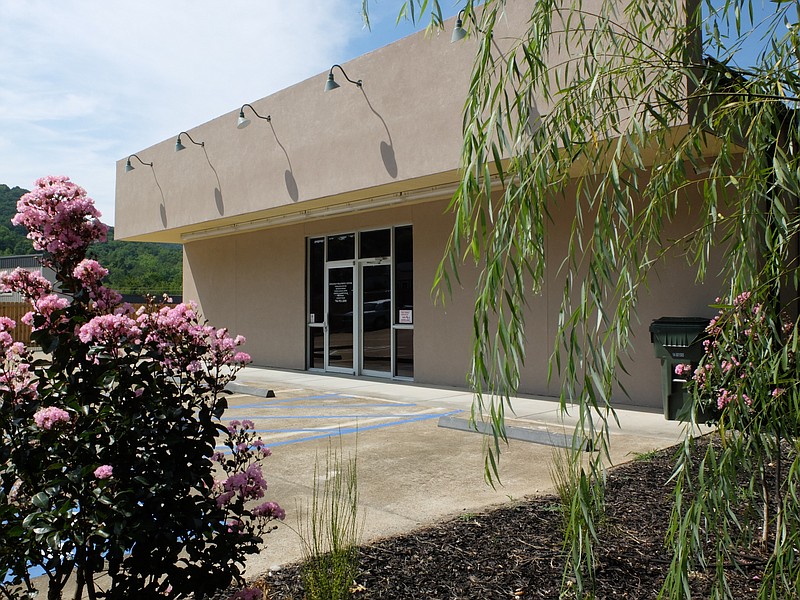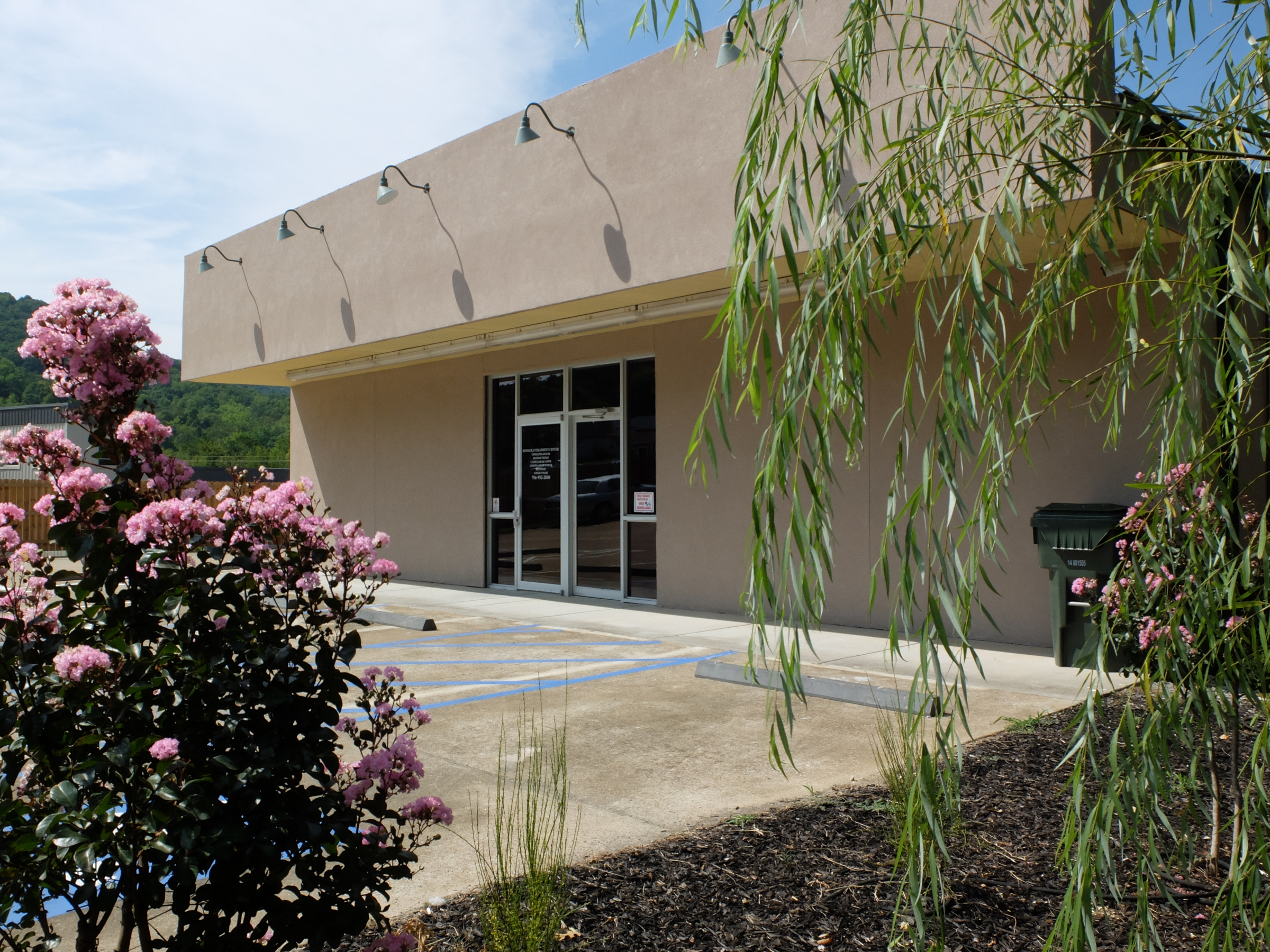ATLANTA - A state Senate committee voted Thursday to recommend a bill that will add regulations to Georgia's opioid treatment centers.
The bill, sponsored by Sen. Jeff Mullis, R-Chickamauga, creates more steps in the process of trying to open a clinic for addicts of heroin and pain pills. It also limits the number of clinics that can open in a given region of the state and creates a shorter time period to submit applications to open a new clinic.
According to the Substance Abuse and Mental Health Services Administration, Georgia has 70 opioid treatment centers right now. Florida, with a population about twice as large, has 68. Alabama has 24. Tennessee has 14.
Because Tennessee's offering of opioid treatment centers is so low, a cluster of three clinics sits in Mullis' jurisdiction in the northwest corner of the state, according to the administration. Some local politicians, including Catoosa County's coroner and sheriff, have complained that those centers are adding to the problem of opioid addiction instead of helping.
Mullis' bill would require prospective clinic owners to answer a slew of questions, trying to convince the Georgia Department of Community Health that their centers would help in a region devastated by opioid drug addiction.
"This eliminates the bad guys and makes sure the good guys are permitted to put facilities where it's needed," he said. "So it gets rid of the riffraff, actually."
Last week, owners of three opioid treatment centers said they were cautiously optimistic about the bill. They felt Mullis' regulations made sense, though they worried other politicians would want to tack on extra restrictions that might make it almost impossible to open a clinic.
Thursday's vote in committee was only one step in the long process through the Legislature. Other committees will get a chance to propose changes in coming weeks.
The U.S. Centers for Disease Control and Prevention has declared opioid addiction a crisis in the United States, as a wave of pain medications flooded the market beginning in the late 1990s and heroin became more prevalent in recent years. In 2015, 1,300 people suffered opioid-related deaths in Georgia, according to the CDC.
A treatment center provides medication such as methadone or buprenorphine, small doses of an opioid that calms addicts who otherwise would feel physical pain from going through withdrawal from drugs. A clinic also is supposed to provide counseling to the patients.
Mullis said some clinics don't follow best practices. He said one particular clinic, which he didn't name, offers patients methadone for $1 per pill for the first couple of weeks, hoping to draw in more clients. They weren't helping patients on an individualized basis, he said.
"That's like doing business with Dollar General for methadone, for drugs and so forth," he said. "We're not going to do that. We've found some are here not doing it the right way."
If passed as it now stands, Mullis' bill would limit the number of opioid treatment centers to four in a given region of the state. Catoosa, Chattooga, Dade and Walker counties would constitute one specific region.
The bill also demands a prospective owner meet with local elected leaders before trying to open the clinic and show there is a need for the clinic - looking at where the nearest clinic is, how many people are hospitalized because of addiction and how many people have died in the region.
State Sen. Renee Unterman, R-Buford, ran a study committee about opioid addiction in Georgia last year. She said Thursday the northwest corner of the state has too many centers.
"Sen. Mullis' district has become the destination for people all over the Southeast to come into Georgia," she said. "The nefarious centers have, unfortunately, moved in."
Contact staff writer Tyler Jett at 423-757-6476 or tjett@timesfreepress.com. Follow him on Twitter @LetsJett.

